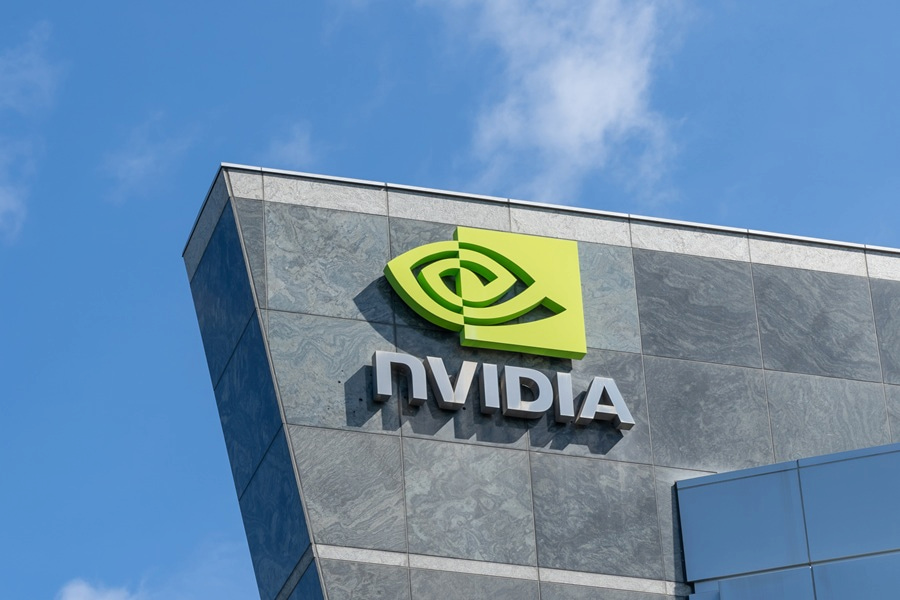The country's appeal is multifaceted – a young, tech-savvy population, supportive government policies, and a strategic geographical location.
"Many companies want to move some work out of China," Dr Goundar explained. "Vietnam offers a good mix – proximity to China, affordable costs, and a growing pool of skilled workers. Overall, it is a win for Vietnam, attracting more global investment and strengthening its tech sector."
The broader vision
These investments are also potential catalysts for comprehensive innovation. Dr Sreenivas Tirumala, Senior Lecturer of IT at RMIT University views them as “opportunities for social and economic growth” and an aid in “designing and developing a futuristic approach for Vietnam's youth”.
More efforts are still needed to uplift the quality of education, as Vietnam currently faces a big gap in highly skilled tech workers. However, the big tech investments promise more exposure to cutting-edge technologies and international corporate environments. There will be more opportunities for young professionals to work in research and innovation, particularly in AI, as these companies are always craving for new technological advancement.
“Though big tech companies have their own in-house IT services, there are quite a few services that they outsource. Reputable and high-value tech-giants like NVIDIA and Google will not just provide employment opportunities but will encourage young people to create their own startups to provide services to the big tech companies,” Dr Tirumala added.
The investments can also prompt Vietnam to create its own identity in the tech scene in Southeast Asia.
“Tech giants coming to Vietnam is exciting, but we need to make sure this really helps the country. Vietnam should work on its own tech scene, not just be a place for big companies,” Dr Sam Goundar commented.
“This means helping local startups, getting schools to team up with businesses, and making rules that help new ideas grow. The goal is for Vietnam to lead in AI and tech, not just follow. If we do this right, these investments could kick off something amazing for the country.”
Story: Ngoc Hoang





